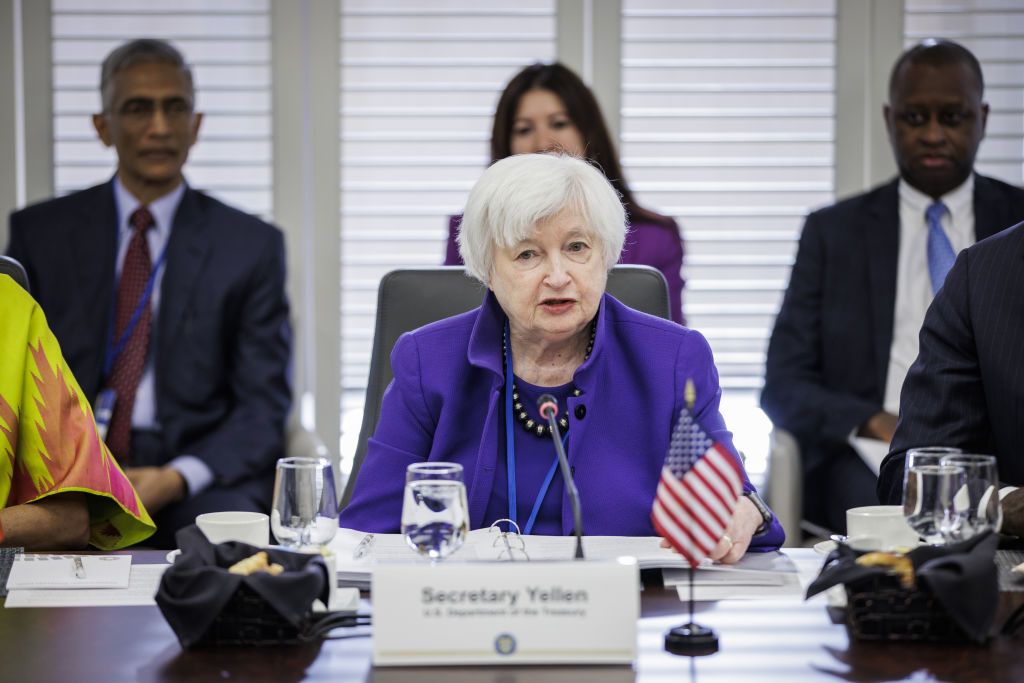US includes 37 Chinese entities to trade blacklist due to national security concerns

The U.S. added 37 Chinese entities to the trade blacklist due to security reasons, including 11 of them accused of being connected to last year's espionage incident, the U.S. Commerce Department said on May 9.
The Biden administration imposed additional sanctions on Beijing after a spy balloon drifted from Alaska to South Carolina in February 2023, causing outrage in Washington and prompting U.S. Secretary of State Antony Blinken to cancel his trip to China.
Chinese Foreign Ministry claimed it was a weather balloon blown off the course.
After the February incident, the Commerce Department shortly included five companies and one research institute on the entity list for supporting "China's military modernization efforts, specifically the People's Liberation Army's (PLA) aerospace programs, including airships and balloons."
The companies, as well as research institutions mentioned on the list are prohibited from doing business with U.S. firms and are obliged to get approval from the U.S. Commerce Department before obtaining goods and technologies from them.
Apart from 11 companies reportedly connected to the spy balloon incident, 22 were put on the list as they were linked to China's efforts to improve its quantum technology and attempts to acquire U.S.-origin items to boost domestic industry.
"These activities have substantial military applications and pose a significant threat to U.S. national security," the statement reads.
Some of the sanctioned companies are also associated with China's nuclear program or were involved in the exports to Russia.
Beijing has maintained close ties with Moscow during the war, increasing economic cooperation and disrupting Western attempts to isolate Russia.
Expanded trade with China has played a key role in allowing Moscow to keep its economy running and ramp up its military industry despite Western economic pressure.
U.S. President Joe Biden previously announced another large-scale round of sanctions on Feb. 23, targeting 500 entities in Russia ahead of the second anniversary of the full-scale invasion and following the death of Russian opposition leader Alexei Navalny.












